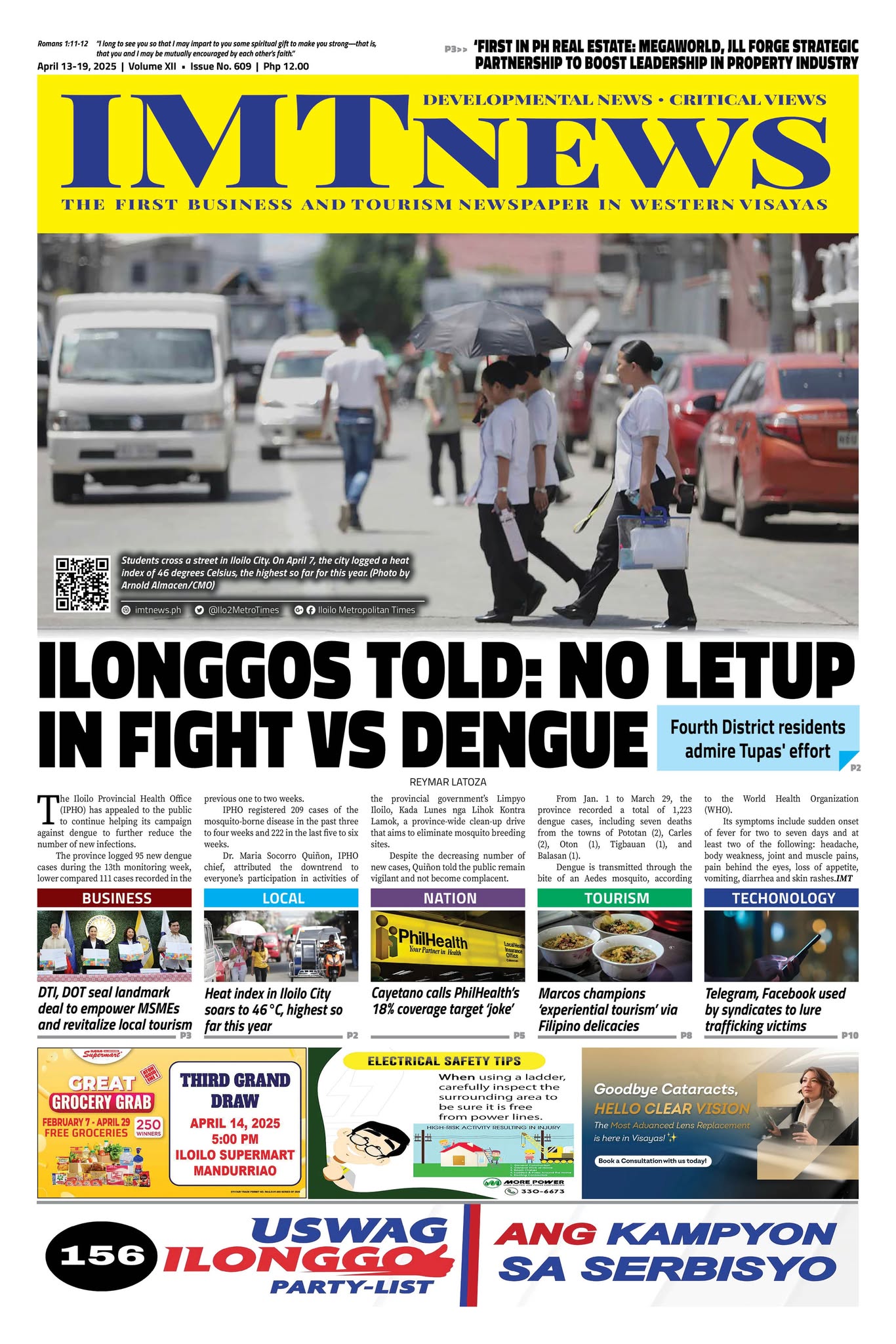Iloilo has rightfully earned its place as one of the most livable cities in the Philippines. But a title is not a permanent badge—it is a responsibility. The recent pileup of trash along Iloilo Sunset Boulevard serves as a sobering reminder: no matter how much we invest in infrastructure, policies, and urban development, our city’s true livability depends on us—its people.
A clean, orderly, and thriving city is not simply the job of the government or the street sweepers. It is a shared duty, a reflection of our values as Ilonggos. Keeping Iloilo livable means moving beyond complaints and embracing a culture where responsibility for our surroundings starts at home, extends to our neighborhoods, and is reflected in how we treat our public spaces.
Learning from Our Regional Neighbors
Across Southeast Asia, cities have successfully cultivated a culture of civic responsibility. George Town in Malaysia, once struggling with waste management, transformed itself through community-driven initiatives. Neighborhood groups, businesses, and local government units collaborated to implement waste segregation, incentivize sustainable practices, and instill civic discipline. Today, George Town is a model for urban sustainability, proving that when citizens take ownership of their environment, real change happens.
In Bandung, Indonesia, community-based clean-up movements have flourished. Local leaders empowered residents to take charge of their streets, leading to a cleaner, greener city. The city’s leadership understood that while policies set the direction, citizen participation ensures sustainability.
Da Nang in Vietnam has taken a proactive approach, integrating cleanliness and orderliness into its urban planning. It engages residents and businesses alike, making cleanliness an everyday habit rather than an occasional campaign.
And of course, Singapore, widely considered the benchmark for cleanliness, didn’t get there overnight. It wasn’t just strict laws but a deep-rooted discipline among its people that made public order a natural part of their way of life. Singaporeans take pride in their shared spaces, knowing that a clean city is a reflection of its citizens.
A Culture of Shared Responsibility
Ilonggos are known for our warmth, discipline, and strong sense of community. These are the very values that must drive our commitment to keeping Iloilo livable. It’s easy to point fingers when we see trash on our streets, but real change starts when we ask ourselves: Are we doing our part? Are we teaching our children that public spaces deserve the same respect as our homes? Are businesses ensuring that they manage their waste responsibly? Are we reminding our peers that civic duty doesn’t end with paying taxes—it includes active participation in keeping our city clean?
Government programs can only go so far. The real difference is made when individuals, communities, and businesses take action. Schools can integrate environmental responsibility into their lessons. Barangays can organize regular clean-ups. Establishments can reward sustainable behavior. Residents can simply pick up after themselves and encourage others to do the same.
Iloilo’s Future Is in Our Hands
We love to celebrate Iloilo’s achievements, and rightfully so. But let’s also remember that every distinction we earn comes with an expectation to live up to it. Keeping Iloilo livable is not just about aesthetics—it’s about dignity, discipline, and a shared commitment to making sure the next generation inherits a city that is clean, safe, and thriving.
The challenge is clear. The responsibility is ours. And the best time to act is now.
Ken Lerona is a marketing and branding leader with over 20 years of experience across consumer, telecommunication, real estate, logistics technology, and consumer finance technology industries. He gives talks and workshops for private and government organizations. He is also a consultant of reputational risk management. Find him on LinkedIn at www.linkedin.com/in/kenlerona.







